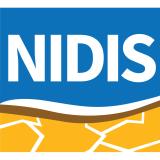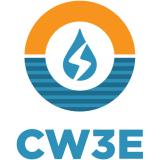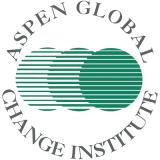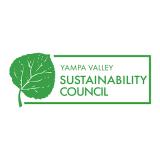Soil Moisture Seminar Series: Water Resource Applications of Soil Moisture Monitoring: Case Studies from the Colorado River Headwaters
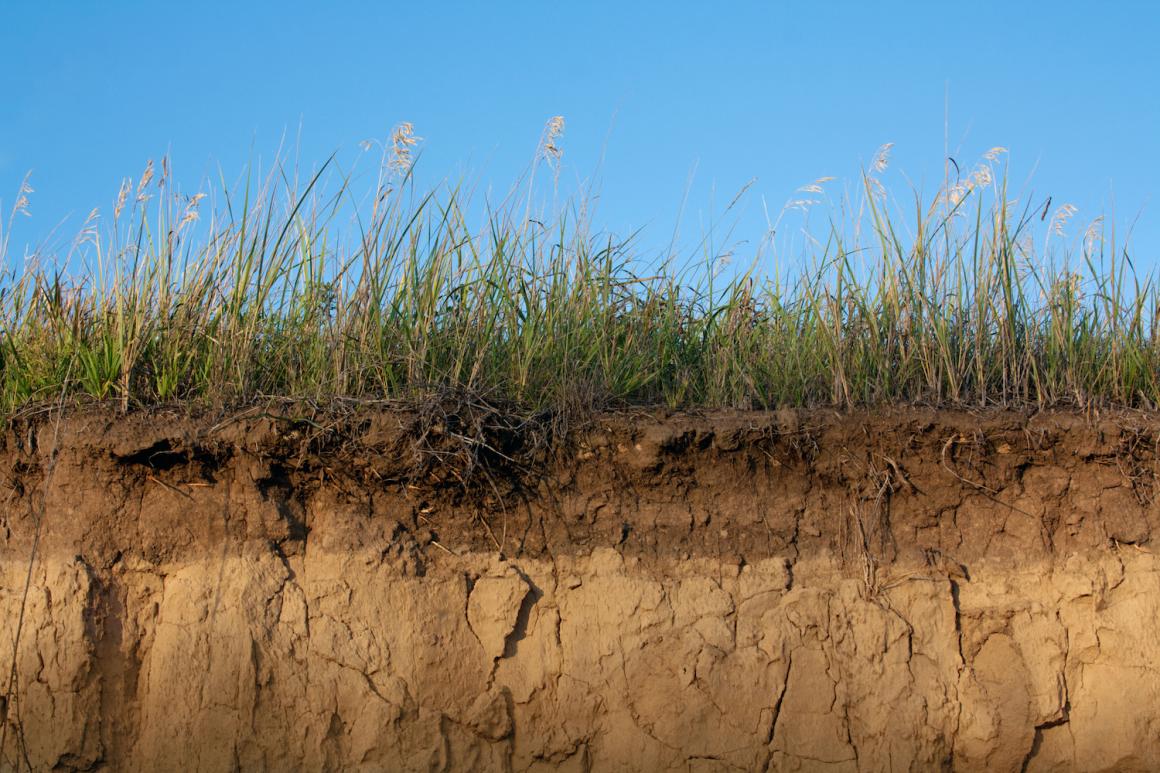
The National Coordinated Soil Moisture Monitoring Network is hosting a regular online seminar series to share innovative soil moisture research activities. This seminar explored how soil moisture monitoring information can be used to support water resource and ecological applications by presenting case studies from two headwaters basins of the Colorado River:
- The iRON monitoring network in the Roaring Fork valley, a project of the Aspen Global Change Institute
- The YBASIN network in the Yampa River Basin, being developed in partnership between the Center for Western Weather and Water Extremes, Yampa Valley Sustainability Council and Colorado Mountain College
NOAA's National Integrated Drought Information System (NIDIS), the National Coordinated Soil Moisture Monitoring Network, and the NIDIS Intermountain West Drought Early Warning System (DEWS) co-hosted this seminar.
Presenters
- Elise Osenga, Community Science Manager, Aspen Global Change Institute
- El Knappe, Field Operations Manager, Center for Western Weather and Water Extremes (CW3E)
- Madison Muxworthy, Soil Moisture, Water & Snow Program Manager, Yampa Valley Sustainability Council
More Details
This seminar provided a focus on two networks that provide support for water resource management in the headwaters region of the Colorado River:
iRON
The vision for the Roaring Fork Observation Network (aka iRON) is to provide a recurrent, long-term record of bioclimatic and soil moisture data in the Roaring Fork Watershed as a useable basis for research, resource management, and community engagement. They collect recurrent data on soil moisture, soil temperature, rain, air temperature, relative humidity, and snow at 10 sites at elevations ranging from 6,200 feet to 12,080 feet across a mountain watershed that is a headwaters for the Colorado River. Local land managers, water managers, stakeholders, and other residents are seeking information about what climate change will mean for their area. This network collects long-term data to help piece together the relationships between air temperature, patterns of rainfall, soil moisture, and snow so that they can better understand what climate change might mean for local ecologic and hydrologic systems. However, they also hope that data and findings from the Roaring Fork Watershed may help researchers in other mountain regions to better understand system dynamics elsewhere. Consequently the goal is to support both local decision-makers and scientific researchers in better understanding the relationship between warming air temperatures and shifts in the systems that support natural and human communities.
Elise Osenga’s presentation covered a general overview of network establishment, current research focus, ideas for future directions, the role collaboration has played in the network, and the challenges and opportunities associated with hosting this network as a non-profit.
YBASIN
In 2021, the Center for Western Weather and Water Extremes (CW3E), Yampa Valley Sustainability Council (YVSC), and Colorado Mountain College partnered to launch the recently named Yampa Basin Atmosphere and Soil Moisture Integrated Network (YBASIN). The YBASIN is comprised of three stations, with five more to be installed by 2026. These stations measure soil moisture, soil temperature, rain, snow depth, air temperature, relative humidity, solar radiation, fuel temperature, fuel moisture, wind speed, and wind direction. The station's locations were chosen through comprehensive network analysis in order to support stakeholder and research interests in the basin. This project aims to improve water supply forecasting and serve as a long-term observational dataset in the Yampa River Basin. More information and near real-time data can be found on the CW3E and YVSC websites.
El Knappe and Madison Muxworthy’s presentation covered the establishment and goals of the network, along with the research and practical applications of these data.
For more information, please contact Marina Skumanich (marina.skumanich@noaa.gov).


